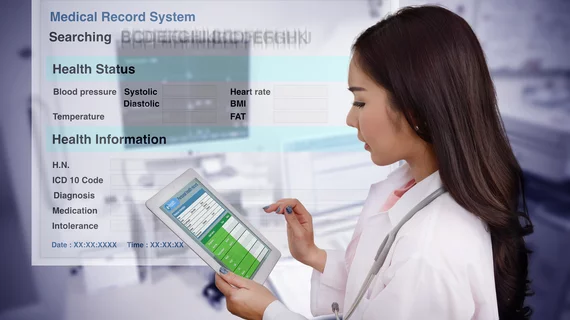Google collecting personal data of millions in health project
Google is collecting one of the biggest troves of personal data in its healthcare initiative, known as “Project Nightingale,” with detailed information of millions of Americans, according to The Wall Street Journal.
Google has acquired the personal health information of millions by teaming up with one of the nation’s largest health systems, Ascension––and they’re keeping the project secret. Project Nightingale launched last year, and neither patient nor doctors have been notified that complete health histories––including patient names and dates of birth––have been collected, the WSJ reported.
The revelation by the news outlet brings patient privacy into a new light, as Google is using the information to build new software, but privacy laws under the Health Insurance Portability and Accountability Act (HIPAA) allow healthcare organizations to share patient data if it helps carry out their healthcare functions. And patients don’t have to be notified under HIPAA if their information is shared for those purposes.
The WSJ’s report also could put Amazon, Apple and Microsoft on notice, as they also continue to invest further in the healthcare space to make headway with critical healthcare data.
See the full story below:

